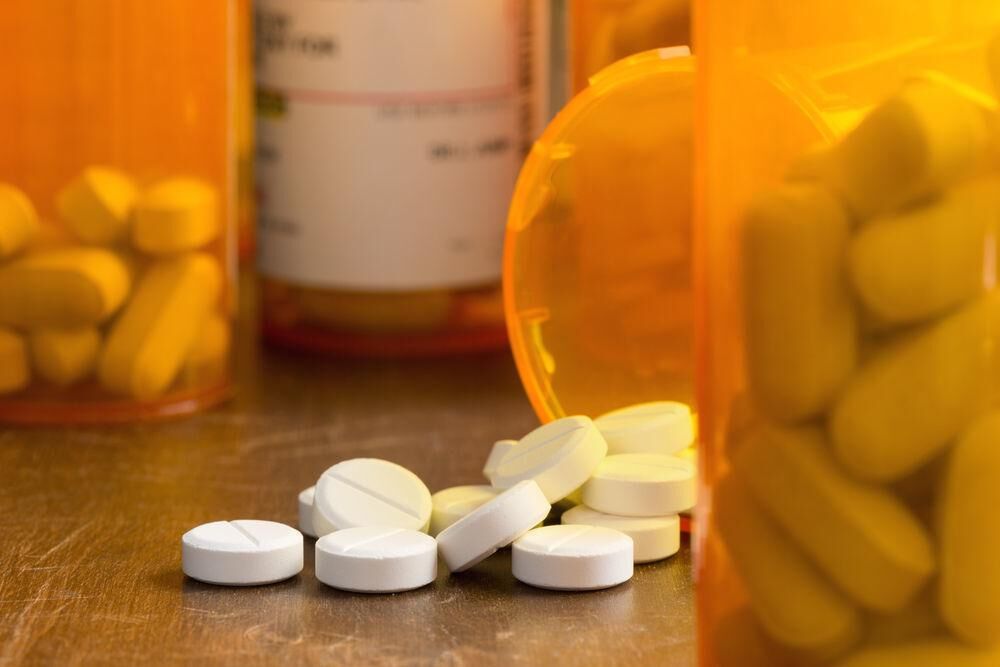Louisiana’s Landry leads $10B opioid deal with CVS and Walgreens
Published 4:30 am Wednesday, December 14, 2022

- Louisiana Attorney General Jeff Landry called the $5.7 billion settlement "another step forward in our fight to combat the opioid crisis."
CVS and Walgreens have agreed to pay state and local governments more than a combined $10 billion to settle lawsuits spawned by the opioid crisis.
Louisiana Attorney General Jeff Landry, who helped lead the negotiations, described CVS’ agreement to pay $5 billion and Walgreens’ $5.7 billion settlement, as “another step forward in our fight to combat the opioid crisis.”
“Across our state, too many families and friends have been broken by the opioid epidemic,” Landry said. “While we can never bring back their loved ones who died, we can and will continue to hold accountable those that created and fueled this crisis – forcing them to pay for treatment and prevention in our communities.”
The settlements bring the national amount from investigations and litigation against the pharmaceutical industry for its role in the opioid crisis to more than $50 billion.
The agreements with CVS and Walgreens also come with injunctive relief that requires pharmacies to track and share data on suspicious activity with opioid prescriptions. CVS’ payments will be spread over a decade, while Walgreens’ payout will cover 15 years.
The funding must be used mostly to remediate the opioid crisis through prevention, harm reduction, treatment and recovery services.
Other states involved in the negotiations include California, Colorado, Connecticut, Delaware, Illinois, Indiana, Iowa, Kentucky, Massachusetts, Nebraska, New York, North Carolina, Ohio, Pennsylvania, Rhode Island, Tennessee and Texas.
States will have until the end of the year to join the agreements, before they’re forwarded to local governments for consideration during the first quarter of 2023, according to a Landry statement.
With sufficient sign-on, payments are expected to begin during the second half of next year.
North Carolina Attorney General Josh Stein said the Tar Heel State plans to join the agreements to secure well over $1 billion from the settlements.
“Too many people have died and too many more have had their lives torn apart,” Stein said. “It is on their behalf that my colleagues and I have worked so hard on a bipartisan basis to hold accountable the companies that created and fueled this crisis. I am proud to have helped lead the effort to secure more than $10 billion from these two drug store chains and I know that because of these agreements, more people will be alive, healthy and happy in the coming years than otherwise would have been.”
The CVS and Walgreen settlements come about a month after Walmart reached a tentative $3.1 billion deal with more than 40 states to resolve allegations the country’s largest retailer improperly dispensed prescription opioids.
The Walmart agreement was followed days later by $6.6 billion in agreements with opioid manufacturers Teva and Allergan to settle allegations the companies overstates the benefits of opioids, downplayed the risk of addiction and failed to maintain safe controls to prevent diversion.
Opioid manufacturer Johnson & Johnson and distributors McKesson, AmericsourceBergen and Cardinal Health also agreed in February to pay $26 billion to settle more than 3,000 opioid lawsuits in 46 states and the District of Columbia.





